EDITORIAL
Published on 17 Jan 2020
Editorial: Trends in Urban Rodent Monitoring and Mitigation: Improving Our Understanding of Population and Disease Ecology, Surveillance and Control
doi 10.3389/fevo.2019.00522
- 3,565 views
- 6 citations
21k
Total downloads
228k
Total views and downloads
Select the journal/section where you want your idea to be submitted:
EDITORIAL
Published on 17 Jan 2020
ORIGINAL RESEARCH
Published on 19 Jun 2019
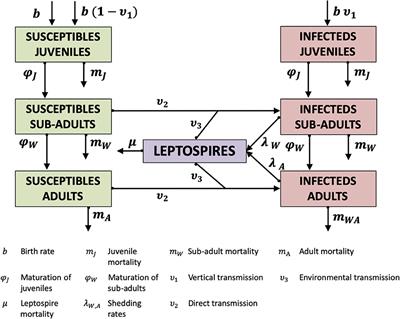
ORIGINAL RESEARCH
Published on 06 Jun 2019
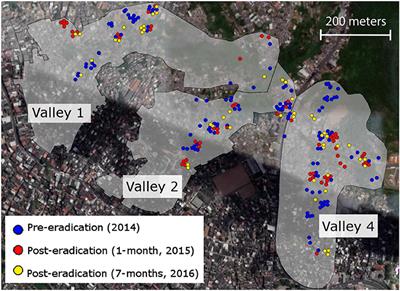
REVIEW
Published on 08 May 2019
SYSTEMATIC REVIEW
Published on 28 Mar 2019
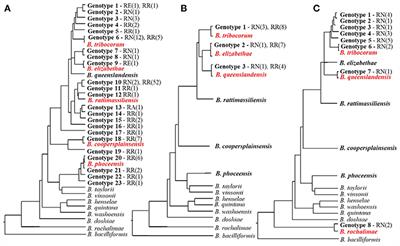
SYSTEMATIC REVIEW
Published on 21 Mar 2019
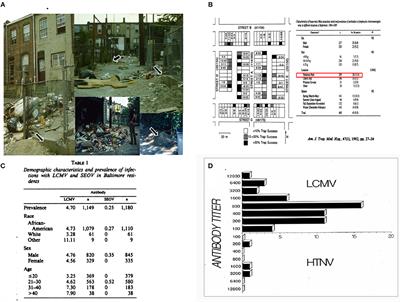
ORIGINAL RESEARCH
Published on 15 Mar 2019
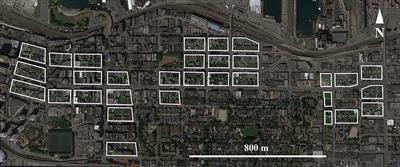
ORIGINAL RESEARCH
Published on 14 Mar 2019
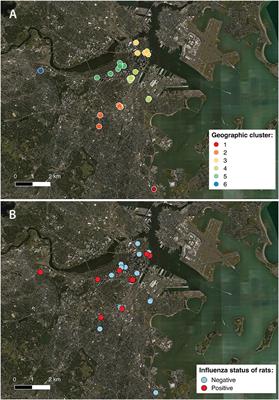
ORIGINAL RESEARCH
Published on 08 Mar 2019
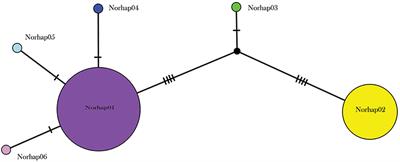
ORIGINAL RESEARCH
Published on 12 Feb 2019

SYSTEMATIC REVIEW
Published on 30 Jan 2019
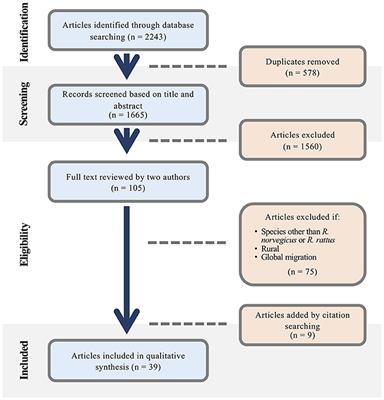
ORIGINAL RESEARCH
Published on 30 Jan 2019
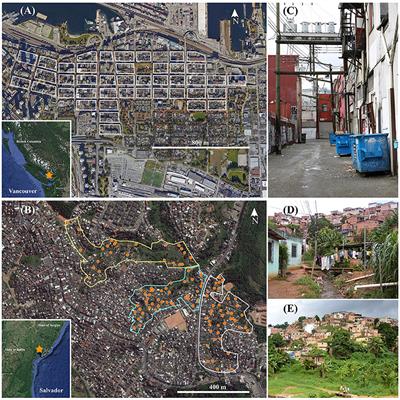

Frontiers in Public Health